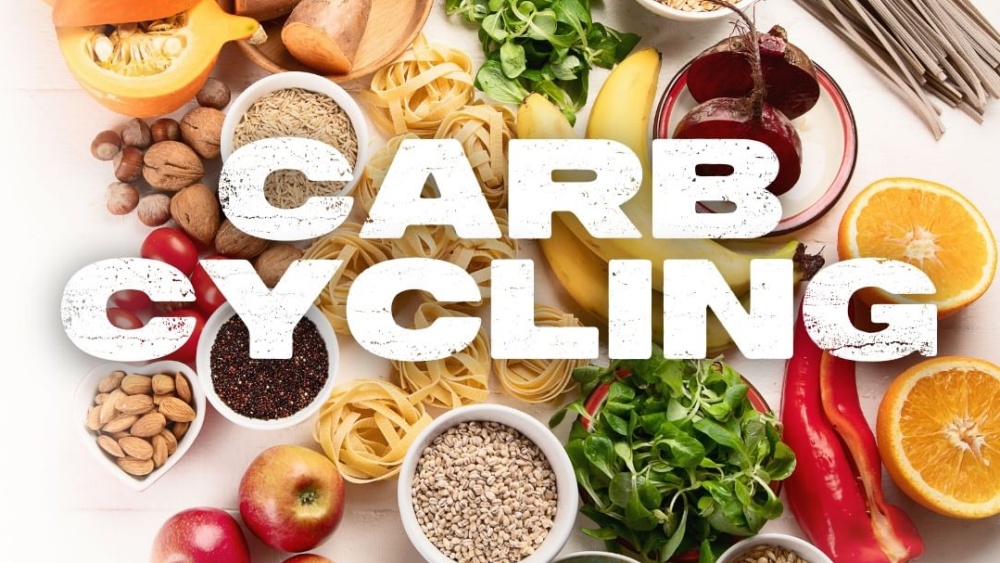Be it in the martial arts world or not, the alkaline diet has won some popularity in recent years as proponents claim it’s a pathway to improved health and well-being. It’s based on the premise that the foods and beverages you consume can impact your body’s pH balance (how acidic or alkaline it is), so you can protect against certain health conditions by consuming more alkaline foods.
But what does the science say, and should you consider trying it? This article delves into the alkaline diet, examining its principles, potential benefits, and criticisms.
Understanding The Alkaline Diet
The alkaline diet is grounded on the idea that the food you consume can change the acidity or alkalinity of your body. The diet catalogs foods into three types: neutral, acidic, and alkaline. Proponents of the diet suggest that eating a diet high in alkaline foods, like nuts, vegetables, and fruits, while keeping acidic foods, like processed foods, sugar, fish, meat, and poultry to a minimum, can help maintain a slightly alkaline pH in the body.
The human body naturally maintains a slightly alkaline pH of around 7.4. The theory behind the alkaline diet is that a diet high in acidic foods can cause the body’s pH to become more acidic, leading to health issues such as osteoporosis, kidney stones, and cardiovascular problems. Conversely, an alkaline diet is claimed to prevent these conditions, as well as promote weight loss and increase energy levels.
Scientific Scrutiny
It’s important to examine the scientific evidence behind these claims. The body is known to regulate its pH balance regardless of diet, through mechanisms like breathing and kidney function. There is little evidence to suggest that dietary choices have a significant impact on the body’s pH levels, except in cases of certain medical conditions.
However, some studies have suggested possible health benefits linked to what are typically considered alkaline dietary choices. For instance, diets high in fruits and vegetables and lower in processed foods and meat have been associated with a reduced risk of chronic diseases such as heart disease and type 2 diabetes. These benefits, though, are likely due to the overall nutritional quality of these foods, rather than their effect on body pH.
Potential Benefits
Despite the lack of strong evidence supporting the primary theory of the alkaline diet, adopting this way of eating may have other benefits:
- Increased Fruit And Vegetable Intake: The diet encourages the consumption of a variety of fruits and vegetables, which are rich in essential vitamins, minerals, and antioxidants.
- Reduced Consumption Of Processed Foods: The alkaline diet discourages the intake of processed and sugary foods, which can lead to better overall health.
- Helps With Weight Loss: Some people may experience weight loss due to the emphasis on whole foods and the reduction of high-calorie processed foods.
Criticisms And Considerations
Some of the main criticisms of the alkaline diet include:
- Misconceptions About Body pH: The body tightly regulates its pH levels, and what you eat has little impact on this balance.
- Excludes Some Healthy Foods: The diet categorizes several healthy foods, such as certain dairy products and whole grains, as acidic and therefore recommends limiting them, which could lead to nutritional deficiencies.
- Lack Of Robust Scientific Evidence To Support Its Use: There is a lack of comprehensive scientific research supporting the claims that an alkaline diet can alter body pH to prevent diseases.
Incorporating the Alkaline Diet into Your Lifestyle
While the scientific community remains skeptical about the primary claims of the alkaline diet, incorporating aspects of this diet can be a part of a healthy lifestyle. Here are some practical ways to do so:
- Focus On Plant-Based Foods: Emphasize fresh fruits and vegetables in your meals. These foods are naturally alkaline and rich in nutrients.
- Choose Whole Grains: Opt for whole grains over refined grains. Though some grains are categorized as acidic, they are an essential part of a balanced diet.
- Stay Hydrated: The alkaline diet promotes drinking plenty of water, especially alkaline water. While the benefits of alkaline water are debated, staying hydrated is essential for overall health. Drinking alkaline water can also help with gastrointestinal issues like acid reflux disease.
- Limit Processed Foods: Reducing your intake of processed, sugary, and fatty foods aligns with general health recommendations.
- Be Mindful Of Meat Consumption: If you choose to eat meat, opt for leaner cuts and consume them in moderation.
Understanding pH Levels In Food
It can be helpful to understand how different foods are categorized within the alkaline diet. Alkaline foods include most nuts, vegetables, fruits, and legumes. Acidic foods typically include beef, pork, poultry, fish, eggs, grains, dairy, and alcohol. Neutral foods are generally natural fats, starches, and sugars.
Who Should Be Cautious?
While the alkaline diet can be healthy due to its emphasis on fruits and vegetables, some individuals should approach it with caution:
- People With Kidney Disease: Those with kidney problems should consult their doctor before trying this diet, as a sudden increase in certain minerals may be harmful.
- Individuals With Nutritional Deficiencies: The diet’s restrictive nature can exacerbate existing deficiencies.
Combining With Other Dietary Approaches
For a more balanced approach, consider combining the principles of the alkaline diet with other dietary guidelines. For example, the Mediterranean diet, which emphasizes fruits, vegetables, whole grains, and healthy fats, can be a more inclusive and balanced option.
Should You Try The Alkaline Diet?
It’s important to approach the alkaline diet with a balanced perspective if you’re considering giving it a try. The emphasis on fruits, vegetables, and unprocessed foods can be beneficial for overall health. However, it’s crucial not to overlook the importance of a balanced diet that includes a variety of food groups.
It’s always wise to check with a healthcare professional or a dietitian before making any major alterations to your diet. They can provide personalized advice and ensure that any new diet plan meets your nutritional needs.
While the alkaline diet promotes some healthy eating habits, its core principles lack strong scientific support. As with any diet, the focus should be on balance, variety, and nutritional adequacy. Eating a wide range of nutrient-rich foods and limiting processed and sugary foods is a universally accepted approach to maintaining good health.
You may also like:
The Power Of Intuition: Understanding The Benefits Of Intuitive Eating


















